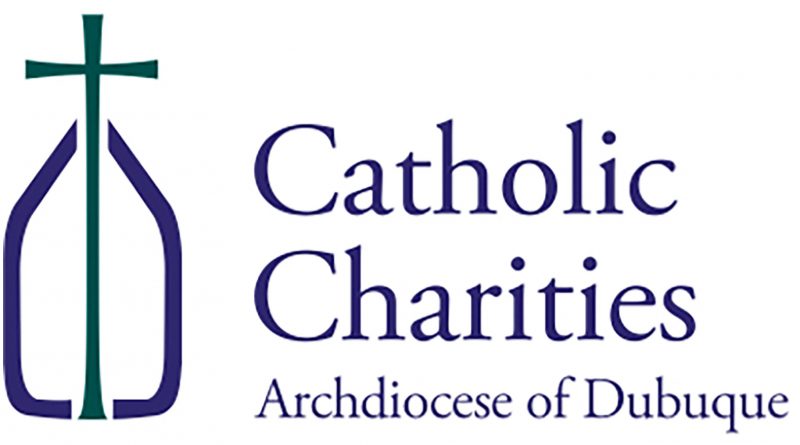Providing a permanent solution for DACA recipients
By Yer L. Vang and Miryam Antúnez De Mayolo
Special to The Witness

On June 18, the U.S. Supreme Court decided that the Trump administration cannot end DACA (Deferred Action for Childhood Arrivals), resulting in continuing to protect about 700,000 law-abiding, U.S.-educated young people who are American in all but their birthplaces. Beneficiaries of this program were brought here as infants or as children. They either entered the U.S. without a visa, or with a visa that they later overstayed through no fault of their own. Although they were not born in the U.S., over 80 percent of DACA recipients have lived in the U.S. for more than 15 years. They are well integrated in their communities: the vast majority of them (88 percent) speak English well, very well, or only English (Center for Migration Studies, 2019). They are well educated: 55 percent graduated from high school, 36 percent has some college education, and 7 percent a bachelor’s degree or higher, the rest of them already have a GED, or are still enrolled in school. As of 2019, an overwhelming majority of DACA recipients were gainfully employed and paid state and federal taxes. Since the program’s inception, they have paid $5.7 billion in federal taxes and $3.1 billion in state and local taxes (09/2019, Center for American Progress). Their career choices have resulted in some 27,000 of them being in the health care field as physicians, nurses, CNAs, medical technicians, EMTs and orderlies, and many are on the frontlines of the COVID-19 response. Others have started businesses or selected other careers, including the military. Finally, DACA recipients are law-abiding residents because they are subjected to one of the strictest criminal background requirements to remain in the DACA program. Specifically, DACA recipients must have good moral character by showing no conviction for a felony or a significant misdemeanor.

There are approximately 2,700 DACA recipients in Iowa, and, like the vast majority of immigrants, they live in mixed-status families, where some family members are citizens, some are permanent residents, and some have temporary status or no status. In Iowa, 1,300 of them are now the parents of 1,400 U.S.-born citizens (Center for American Progress, 2019). An adverse decision on the DACA program would have taken away these peoples’ ability to legally work in the United States. There would have been costly consequences if the program had been terminated; not only in the form of loss of these young peoples’ talents and contributions as workers and as taxpayers, but also in the form of federal and state aid that their children would have needed had their parents been unable to continue to support them.
It is hard to overstate the life-changing effect that DACA has had on people, their families and communities. If DACA recipients had lost that protection they could’ve potentially been placed in removal (deportation) proceedings, tearing them away from loved ones and from the only country that they know. After a lifetime in the United States, they could have been deported to countries that they do not remember, where they will be easily identified as outsiders, which makes them vulnerable targets of criminals.
Despite the Supreme Court’s decision, DACA is a temporary program and this or future administrations could still end it. For a long-term solution to DACA holders, we urge Iowa Senators Ernst and Grassley to support Senate Bill 874 (S. 874), also known as the Dream Act of 2019, which will create a path to citizenship for DACA recipients. Opposing that measure as a way to punish these people’s parents for bringing them here runs counter to the values that we, as Americans and as Iowans, hold dear, such as personal accountability. Given the positive impact that the DACA program has had on the economy and our communities, it is only sound public policy to advance legislation to permanently protect these young people.
Miryam Antúnez de Mayolo and Yer L. Vang are immigration attorneys with Catholic Charities of the Archdiocese of Dubuque. They can be contacted at: m.antunez@dbqarch.org, y.vang@dbqarch.org




